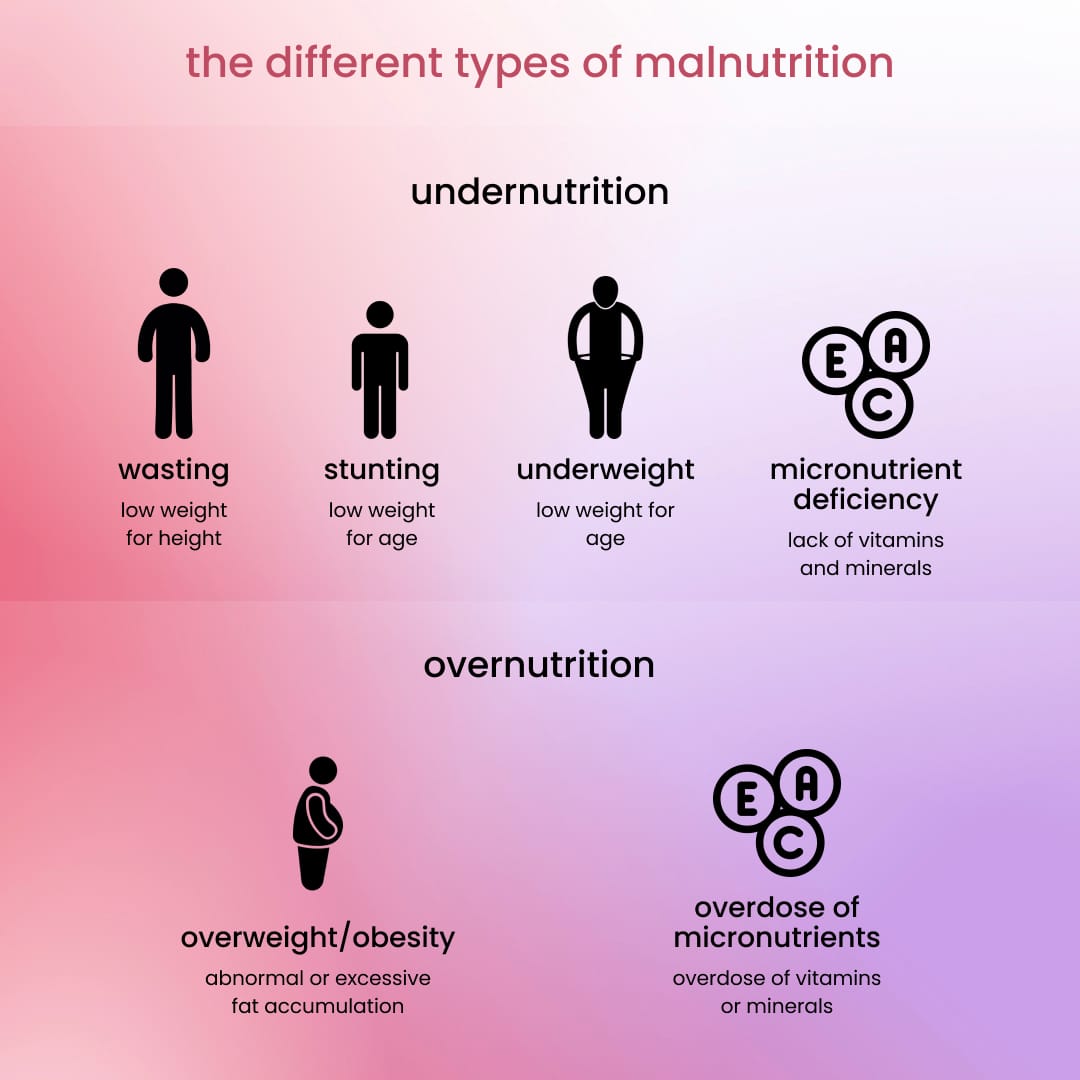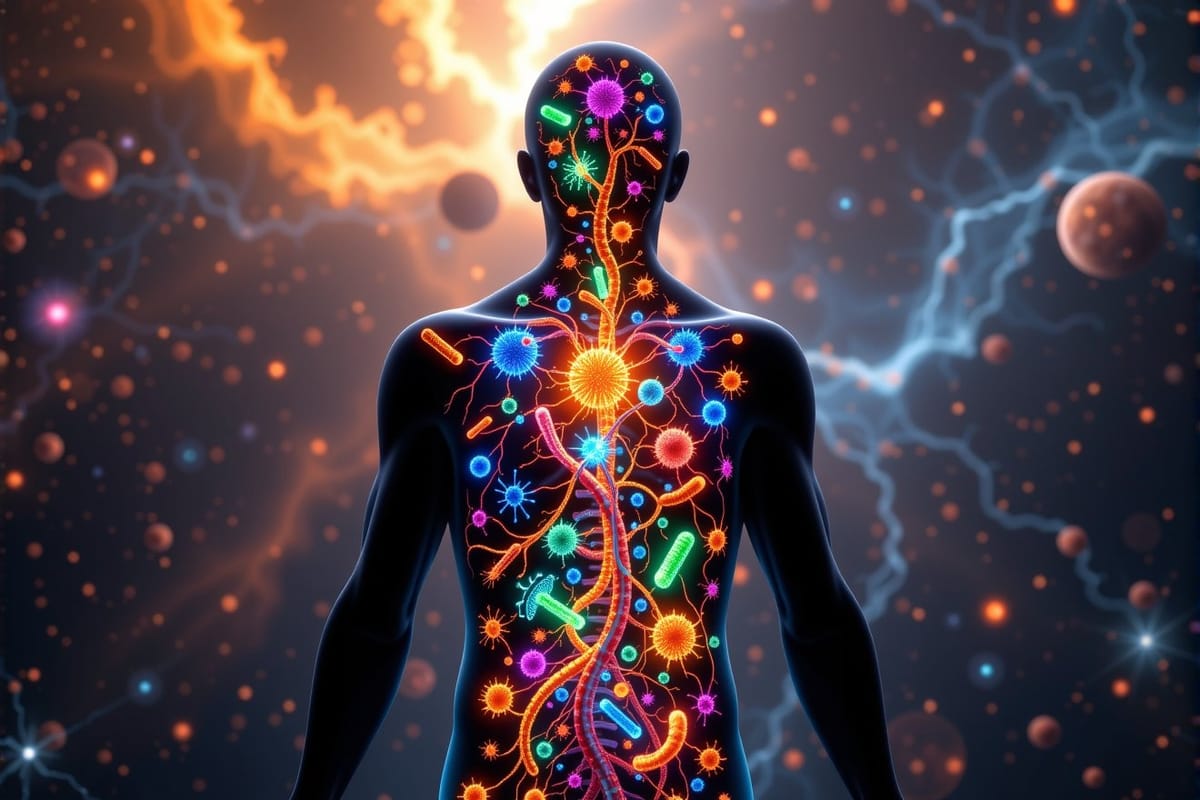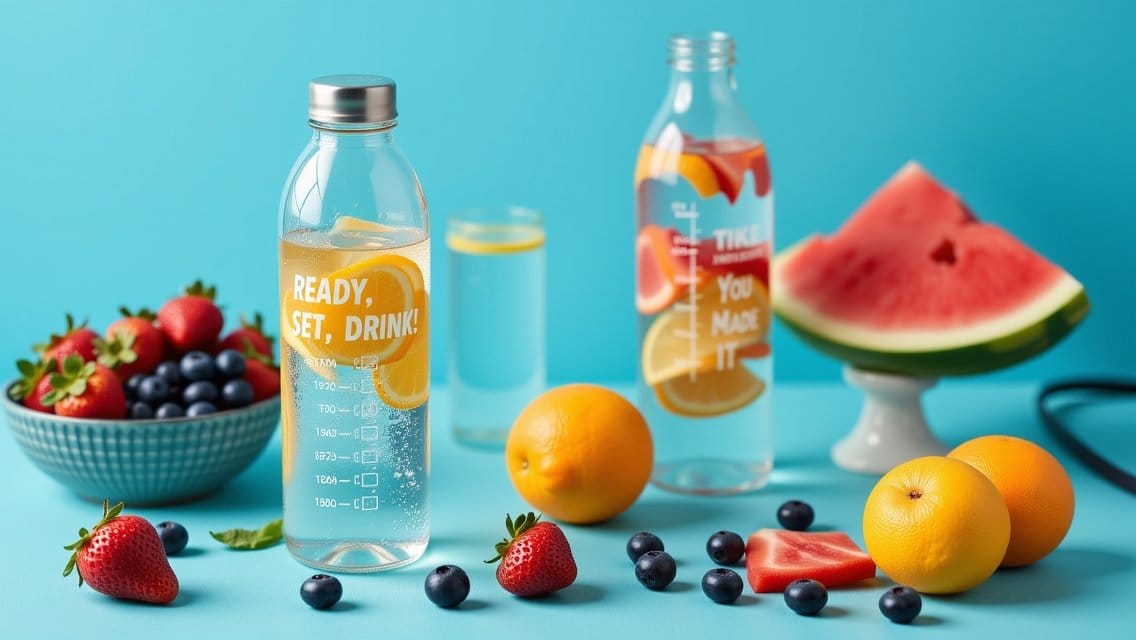The Role of Micronutrients in Healthy Aging: New Research
As we age, the pursuit of vitality and longevity becomes more than just a desire - it’s a necessity. While exercise and a balanced diet are key to maintaining health, there’s one often overlooked aspect of nutrition that can make a significant difference in how we age: micronutrients. These small but mighty nutrients, which include vitamins and minerals, play an essential role in maintaining health, preventing disease, and promoting longevity.
In fact, recent research has uncovered the profound impact that micronutrients have on healthy ageing, helping to protect our cells, boost immunity, and keep our bodies functioning optimally well into our later years.
What Are Micronutrients & Why Are They Important for Aging?
Micronutrients are the vitamins and minerals our bodies need in small amounts to function properly. Though we don’t require them in large quantities like macronutrients (proteins, fats, and carbohydrates), they are essential for several physiological functions.
As we age, our bodies undergo numerous changes: metabolic processes slow down, our immune system weakens, and our cells accumulate damage over time. Micronutrients, particularly antioxidants and minerals, help counteract these effects, supporting the body’s ability to repair and regenerate.
Key Micronutrients for Healthy Aging
ageingVitamin D: The Sunshine Vitamin
Vitamin D is one of the most important micronutrients for ageing well, and it’s something that many people don’t get enough of, especially as they get older. Known as the "sunshine vitamin," vitamin D helps regulate calcium and phosphorus in the body, which is crucial for bone health.
Recent research suggests that adequate vitamin D levels can reduce the risk of osteoporosis, fractures, and even some age-related diseases such as heart disease and diabetes. Furthermore, vitamin D plays a significant role in immune function, helping to protect against infections and autoimmune conditions that become more common with age.
Recommendation: Ensure getting some sun exposure to support natural vitamin D synthesis. If sun exposure is limited, consider vitamin D supplementation, especially for older adults.
Vitamin B12: The Cognitive Protector
As we age, the absorption of vitamin B12 naturally decreases, which can lead to deficiencies and, in some cases, cognitive decline or even dementia. Vitamin B12 is vital for maintaining nerve function, DNA synthesis, and red blood cell formation. It also plays a crucial role in brain health and cognition, which is especially important for older adults.
New studies have shown that maintaining adequate B12 levels can help preserve cognitive function, reduce the risk of neurological disorders, and improve mood and energy levels.
Recommendation: Adults over 50 should aim for 2.4 mcg of vitamin B12 per day. Older adults may need a supplement, as absorption from food sources decreases with age.
Vitamin C: The Immune System Defender
Vitamin C is widely recognized for its antioxidant properties, and it plays a key role in immune defense. As we age, our immune system naturally weakens, making us more vulnerable to infections and illnesses. Vitamin C helps neutralize free radicals - unstable molecules that contribute to oxidative stress, ageing, and the development of chronic diseases.
Recent research highlights vitamin C’s role in protecting the skin from damage and promoting collagen production, which helps maintain skin elasticity and reduces the appearance of wrinkles. Additionally, studies suggest that vitamin C may help lower the risk of heart disease by improving blood vessel health and reducing inflammation.
Recommendation: The recommended daily intake is 75 mg for women and 90 mg for men. To maximize absorption, include a variety of vitamin C-rich foods in your diet, such as citrus fruits, strawberries, bell peppers, and leafy greens.
Magnesium: The Anti-Aging Mineral
Magnesium is a powerhouse mineral that supports over 300 biochemical reactions in the body. It is crucial for energy production, muscle function, nerve signalling, and bone health - all of which are particularly important as we age.
Recent studies show that magnesium may help reduce the risk of chronic conditions like heart disease, type 2 diabetes, and high blood pressure. Magnesium also has anti-inflammatory properties that can help mitigate some of the chronic low-level inflammation associated with ageing, which is linked to several age-related diseases.
Recommendation: Aim for 310-420 mg of magnesium per day, depending on age and gender. Foods like leafy green vegetables, nuts, seeds, and whole grains are great sources of magnesium.
Omega-3 Fatty Acids: The Brain Essential
While omega-3 fatty acids are technically not micronutrients in the traditional sense, they function similarly by supporting critical processes in the body. These healthy fats are essential for maintaining heart and brain health and have been shown to reduce the risk of heart disease, depression, and cognitive decline.
Emerging research indicates that omega-3s, particularly EPA and DHA, can protect against Alzheimer’s disease and support brain function as we age. They also reduce inflammation, which is a major contributor to age-related diseases.
Recommendation: The American Heart Association recommends at least two servings of fatty fish per week (such as salmon, mackerel, or sardines), or you can consider taking an omega-3 supplement (around 1,000 mg of EPA and DHA combined daily).
Zinc: The Immune System Enhancer
Zinc is essential for immune function, wound healing, and cell growth. As we age, zinc levels tend to decline, which can affect our immune response and increase our vulnerability to infections. Zinc also plays a crucial role in protecting against age-related eye conditions, such as macular degeneration.
Recent studies have shown that zinc supplementation can help prevent age-related cognitive decline and improve immune response, especially during the winter months when we are more prone to colds and flu.
Recommendation: Adults should aim for 8-11 mg of zinc per day, with higher amounts recommended for those over 65. Foods like meat, shellfish, legumes, and seeds are rich in zinc.
Coenzyme Q10 (CoQ10): The Energy Booster
CoQ10 is a powerful antioxidant that plays a critical role in energy production within cells. As we age, our natural CoQ10 levels decline, leading to lower energy levels and increased oxidative stress. Supplementing CoQ10 has been shown to improve energy, reduce muscle fatigue, and protect against age-related conditions like heart disease and neurodegeneration.
Recent studies suggest that CoQ10 supplementation can also help improve skin elasticity and reduce the appearance of fine lines and wrinkles, making it a popular anti-ageing supplement.
Recommendation: For general health, 100-200 mg of CoQ10 per day is typically recommended, especially for individuals over 40. CoQ10 is found in organ meats, fatty fish, and whole grains, though supplementation may be necessary for optimal benefits.

Ageing
While individual micronutrients play specific roles in promoting healthy ageing, the key to longevity lies in a well-rounded diet rich in a variety of vitamins and minerals. The best way to ensure you're getting enough micronutrients is by eating a diverse range of nutrient-dense foods, including:
•Leafy greens (rich in vitamins A, C, and K)
•Fruits (especially berries, citrus, and avocados)
•Nuts and seeds (excellent sources of magnesium, vitamin E, and healthy fats)
•Fish and seafood (great for omega-3s and vitamin D)
•Whole grains and legumes (rich in zinc, magnesium, and B vitamins)
If you have dietary restrictions or find it difficult to get all your micronutrients from food, supplements can help fill the gaps - but they should never replace a healthy diet.
Make every bite count!







Comments